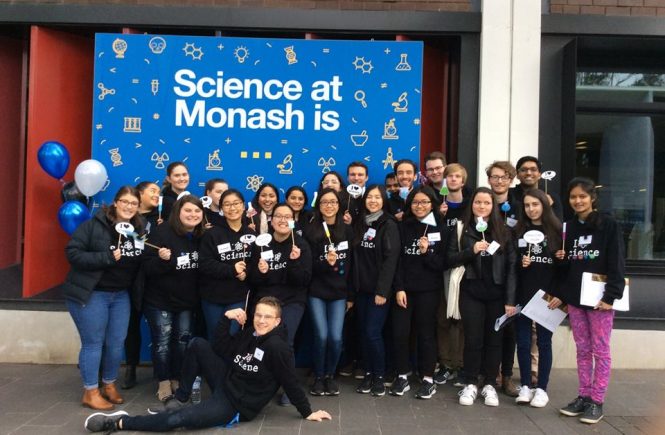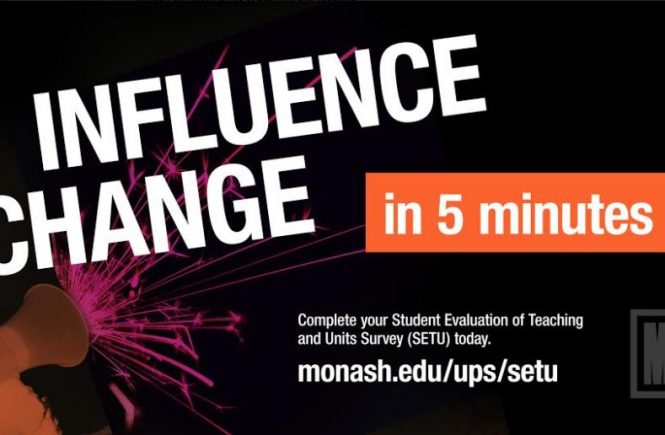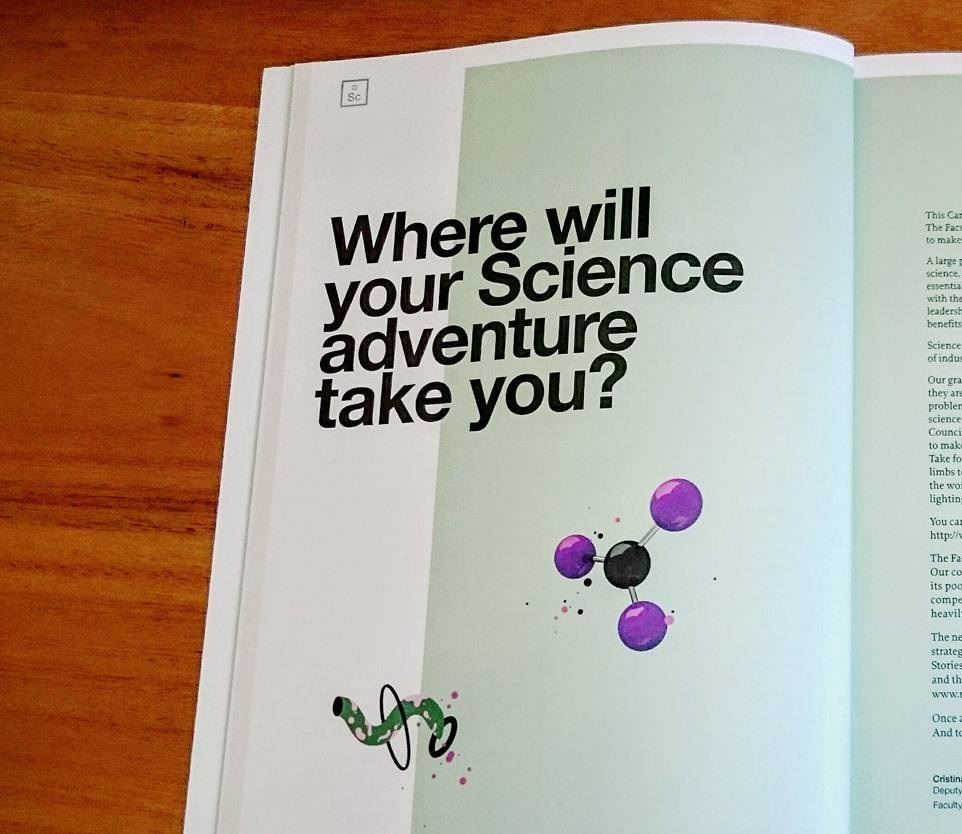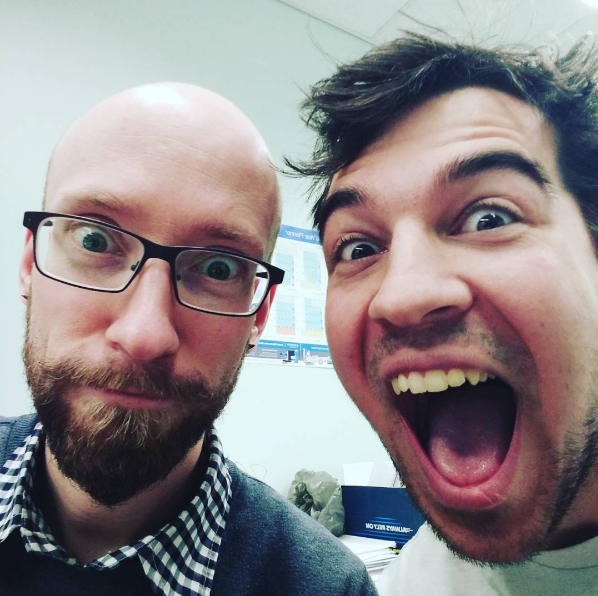Channel your inner artist by designing a T-shirt (limited edition of course!) for the Faculty of Science. The winning T-shirt will be worn by staff and students on Open Day 5 Aug 2018.
Entries open Thursday 29 March and close on Monday 7 May.
A judging panel will choose the winning entry.
If you win, not only will you see your design being worn all around the Monash Clayton campus on Open Day and other events – but you’ll also receive a $400 Coles/Myer gift voucher.
Please click here for the application form and further information regarding the terms, design requirements and specifications.
All the best and we look forward to seeing your designs!









